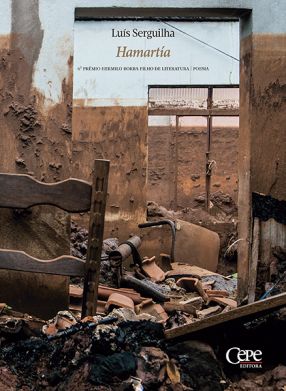tiganeasca
Moderator
Okay, sorry. I didn't mean to detail the thread. The topic was The Lusiads and my contribution to that is that I read it a number of years ago (7-8?) in a modern translation by a Welshman named Landeg White. Don't know anything about him except that he taught at a university in Portugal (he died in 2017; looking on the internet, he seems to have been fairly well-known...just not to me!). The translation was very highly recommended and I thought it read easily; my challenge was the wealth of references that would have slipped by me except for the fact that my edition had extensive notes. They helped enormously. It seems to be a work known mostly (in the US anyway) by scholars and serious readers; the "man on the street" is highly unlikely to have heard of either the author or the book. A pity.










